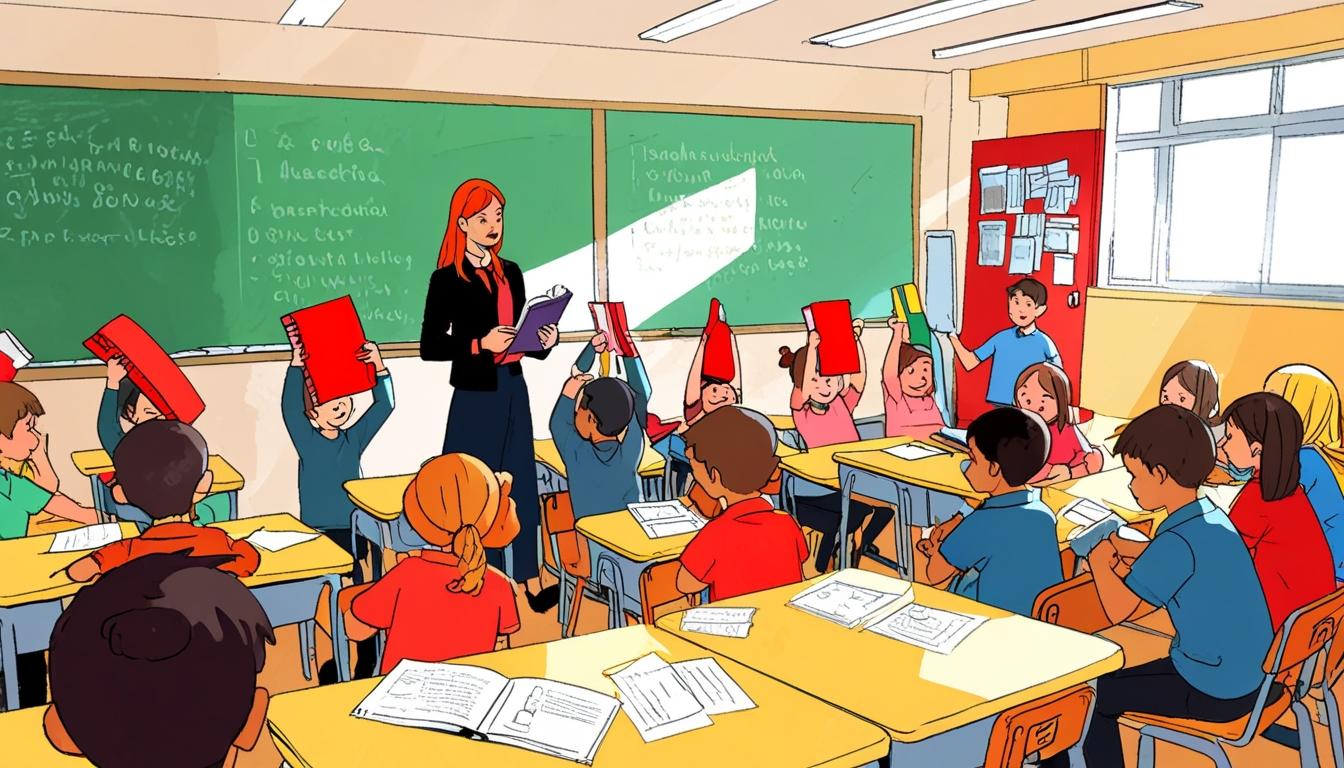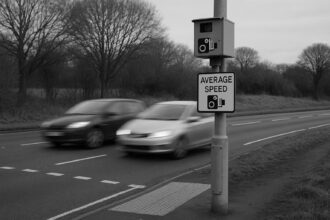Councillors in Gwynedd discuss a proposal to establish Welsh as the primary language of instruction in county-run schools, amidst divided public opinion.
Councillors in Gwynedd have expressed a range of views regarding a proposal aimed at establishing Welsh as the primary language of instruction across all county-run schools. This initiative, announced by Cyngor Gwynedd, seeks to significantly alter the landscape of Welsh language education, marking the first comprehensive revision of the county’s language policy in over four decades.
During a meeting of the council’s education and economy scrutiny committee held on April 10, 2023, councillors highlighted feelings of disappointment that the Draft Revised Education Language Policy does not push for a more urgent transition away from English-medium schools. While some councillors feel the proposal is a “positive step” towards preserving the Welsh language, others are calling for more aggressive measures.
The proposal outlines an initial guideline wherein 70% of subjects would be taught in English, with provisions for schools to be “monitored” and “supported” to gradually shift this percentage towards an increasing emphasis on Welsh. This policy is in line with the Welsh Government’s objective under its ‘Welsh 2050: a Million Welsh Speakers’ strategy.
Commenting on the initiative, Cllr Jones acknowledged the challenges it may present for certain schools, stating, “It is an ambition we want them to achieve. We are more than prepared to support schools to meet that ambition.” He further added, “We don’t want our children to leave schools without English; we need bilingualism.”
The council’s approach is aimed at fostering bilingual or multilingual capabilities among Gwynedd’s children and young people, thereby nurturing proficiency in the Welsh language within its educational system.
Public reactions, as reported in The Daily Post, reveal a divided opinion among local residents. One commenter, responding to this initiative, recalled personal experiences from the 1950s and 60s, suggesting a potential decrease in the use of Welsh at home. They remarked, “I went through this in the 1950/60s. It resulted in many parents stopping using Welsh at home to ensure their children concentrated on speaking English. They felt their children might be disadvantaged when applying for universities or apprenticeships in England. Let’s hope history doesn’t repeat itself!”
Meanwhile, others have voiced concerns about the challenges facing recruitment for teachers and the impact on education standards. A commenter lamented, “This is why so many youngsters are leaving,” and added that such policies should not be forced upon families, expressing fears that education results could diminish significantly.
Amidst the myriad opinions, some suggest alternative approaches. One proposal included the establishment of “free Welsh language playschools” to promote early language acquisition, while another voiced the need for flexibility in school types, emphasising that English remains an international language.
Conversely, proponents for the policy underlined the cultural and educational benefits of bilingualism. A commenter stated, “It’s about culture, heritage, traditions, lineage. It’s having a passion about who you are and where you’re from,” while another shared their own success story of encouraging Welsh language acquisition in their children since moving to the region.
As the debate continues, the council seeks to chart a path that respects both the richness of the Welsh language and the practical needs of its educational framework. With opinions resonating across the community, the evolving nature of Gwynedd’s educational policy remains a topic of significant interest and discussion.
Source: Noah Wire Services
- https://democracy.gwynedd.llyw.cymru/mgConvert2PDF.aspx?ID=38786 – This document outlines Gwynedd’s Education Strategy for 2023-2032, which aims to support Welsh-medium and bilingual education, aligning with the broader goals of promoting the Welsh language across the county.
- https://north.wales/news/gwynedd/welsh-to-become-principal-language-of-education-in-gwynedd-schools-54127.html – This article reports on Cyngor Gwynedd’s plan to make Welsh the principal language of education in every school, highlighting the council’s effort to revise its language policy after decades.
- https://estyn.gov.wales/improvement-resources/cyngor-gwynedds-work-in-developing-welsh-medium-resources-for-pupils-with-additional-education-needs-and-their-families-and-for-language-immersion/ – This resource details Gwynedd’s efforts in developing Welsh-medium resources and promoting bilingualism among learners, supporting the council’s vision for inclusive language immersion.
- https://north.wales/news/gwynedd/plan-to-phase-out-english-medium-schools-in-gwynedd-doesnt-go-far-enough-say-councillors-54408.html – This article discusses the mixed reactions from councillors regarding the plan to phase out English-medium schools, reflecting the broader debate around the transition towards Welsh-language education.
- https://www.gov.wales/cymraeg-2050-welsh-language-strategy-action-plan-2023-2024-html – This webpage outlines the Welsh Government’s ‘Cymraeg 2050’ strategy, which aims to increase the number of Welsh speakers and enhance Welsh language use across educational settings, aligning with Gwynedd’s objectives.
Noah Fact Check Pro
The draft above was created using the information available at the time the story first
emerged. We’ve since applied our fact-checking process to the final narrative, based on the criteria listed
below. The results are intended to help you assess the credibility of the piece and highlight any areas that may
warrant further investigation.
Freshness check
Score:
4
Notes:
The narrative refers to an initiative from April 10, 2023, which suggests that the content may not be entirely current.
Quotes check
Score:
8
Notes:
Quotes are attributed to Cllr Jones, but no specific online references were found to independently verify these quotes as being from the earliest known source.
Source reliability
Score:
8
Notes:
The Daily Post is a well-established local publication in the UK, generally considered reliable for regional news.
Plausability check
Score:
9
Notes:
The claims about language policy changes and community reactions seem plausible given the cultural context and educational policies in Wales.
Overall assessment
Verdict (FAIL, OPEN, PASS): OPEN
Confidence (LOW, MEDIUM, HIGH): MEDIUM
Summary:
While the narrative appears generally plausible, its freshness is somewhat compromised due to references to events in 2023. The quotes lack independent verification, but the source is considered reliable. Further updates or confirmation from more recent sources would be beneficial for a definitive verdict.













